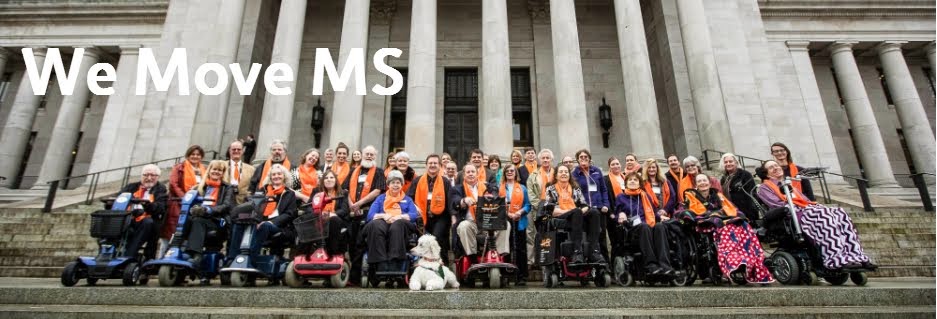The National Multiple Sclerosis Society supports the decision of the United States Supreme Court regarding the Patient Protection and Affordable Care Act. This ruling will have a significant, positive impact on many, including the millions of Americans affected by multiple sclerosis.
Below are some of the provisions of the law that the National MS Society believes will have the biggest impact on people with MS and their families:
- Prohibition of coverage denials based on pre-existing conditions: Too many people living with MS had been routinely denied insurance after receiving their diagnosis, preventing them from getting the care they need.
- Prohibition of lifetime limits: Routine, often costly care is needed to manage MS. This may cause those living with severe forms of the disease to reach their lifetime limit early in life. Elimination of that limit was critically important for continued care.
- Elimination of annual limits: Similar to ―lifetime limits, many patients reach their annual limit of coverage because of the cost of care for MS. These arbitrary limits should not prevent those in need from receiving care.
- Extension of parent’s insurance to 26: Many people with MS are diagnosed in their 20s and may still be in school or lacking a full time job to help pay for their care. This provision ensures that they can continue coverage under their parent’s policy.
- Closing the Medicare Part D Coverage Gap: Disease Modifying Therapies for someone with MS can cost as much as $4,000 per month, which is out of reach for the average American; therefore, gradually closing the coverage gap has provided financial relief for those who depend on Medicare for prescription coverage.
- Pathway for Biosimilars: The law provides a pathway for biosimilars which provides some hope of lower cost therapies in the future. The FDA had recently indicated it would not have pursued this pathway without the legislative mandate therefore, it will continue to be developed--which is good news for anyone who uses biologic therapies.
Background
Although many people with MS have health care coverage, 70% of those with health insurance still struggle with the cost of health care and 30% are forced to spend less on food, heat, utilities and other necessities in order to afford their health care. Those without access to private insurance and who do not qualify for public programs are often priced out of the market, as individual plans can be prohibitively expensive.
On average, the financial impact of living with MS is $69,000 per year, and more than half of this amount consists of direct health care costs. Unlike some other diseases, MS is a lifelong illness—typically diagnosed between the ages of 20 and 30s - prime career and family building years. Because of the high cost and complications that can be associated with the disease, the National MS Society has long supported many of the policies that were included in the law just upheld by the Supreme Court.
With guidance of people living with MS, the Society adopted a set of National Health Care Reform Principles several years ago and, as an organization. Our approach is to support legislation that is in line with those principles. We intend to continue to work with Congress and the Administration in pursuit of public policies that address the needs of those impacted by MS.
